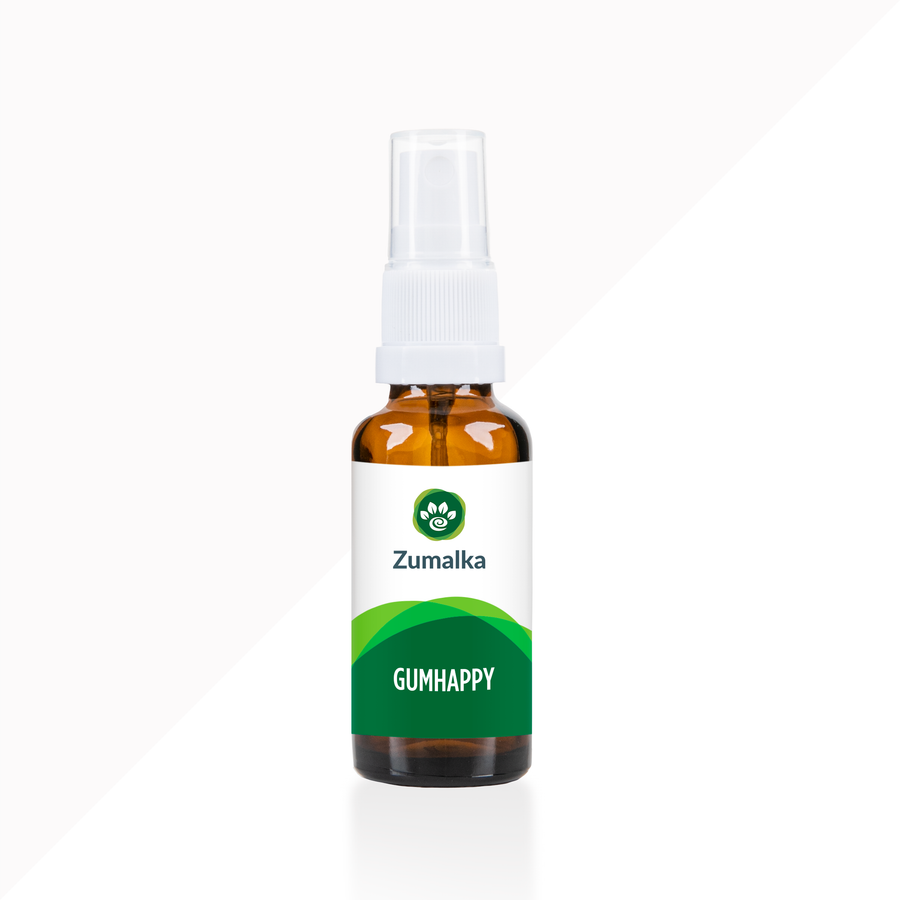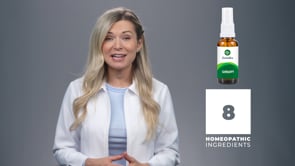Vet-Approved: Senior Poodle Nutrition – What to Feed & Why
List of Contents

As Poodles age, their nutritional needs change to support joint health, digestion, and energy levels. Providing a senior-specific diet helps promote longevity, comfort, and overall well-being in your aging Poodle.
Proper nutrition is essential for preventing or managing common age-related health issues in senior Poodles. A balanced diet can support joint health, reduce dental problems, and promote healthy organ function. With the right nutrients, you can help your aging Poodle stay comfortable, active, and thriving.
For your older Poodle to be healthy overall, proper nourishment is essential. It promotes longevity, energy, and mood while supporting mental and physical wellness. Inadequate nutrition can significantly impact a senior Poodle’s health and quality of life. A poor diet may contribute to weight gain, joint pain, dental issues, anxiety, and cognitive decline.
Essential Nutrients for Senior Poodle Health
Some nutrients are essential to keeping your senior Poodle healthy, active, and content. To support their well-being as they reach their golden years, be sure to include the following key dietary elements:
Macronutrient balance for aging bodies
- Senior Poodles benefit from a balanced diet with slightly increased protein to maintain muscle mass, immune strength, and cognitive function. Choose high-quality, easily digestible animal proteins like chicken, turkey, lamb, or fish to support their aging bodies.
- Moderate fat intake is important for senior Poodles to help prevent obesity and reduce stress on aging organs. However, healthy fats like omega-3s remain essential for brain function, joint support, and a shiny coat.
- Opt for minimally processed carbohydrates like sweet potatoes, pumpkin, brown rice, or quinoa to provide steady energy and essential fiber. Always monitor your senior Poodle for potential sensitivities or digestive issues.
Essential nutrients and supplements
- Omega-3 fatty acids play a key role in supporting joint health, brain function, and skin and coat condition in senior Poodles. High-quality sources like fish oil can help reduce inflammation and promote overall well-being.
- Vitamins, minerals, and antioxidants are essential for strengthening your senior Poodle’s immune system and slowing age-related decline. These nutrients support overall vitality, helping your dog stay active and healthy longer.
- Glucosamine and chondroitin are important supplements that support joint health and mobility in senior Poodles. They’re especially beneficial for managing arthritis, patellar luxation, and age-related stiffness.
-
Probiotics support healthy digestion in senior Poodles by promoting balanced gut flora. They also help strengthen the immune system, making them a valuable addition to your dog’s daily routine.
Feeding Strategies for Senior Poodles: Practical Tips for Better Nutrition

Choosing the right food type is essential for meeting the unique nutritional needs of senior Poodles. Whether you opt for dry, wet, raw, or home-cooked diets, focus on high-quality ingredients that support aging joints, digestion, and energy levels.
- Prioritizing high-quality ingredients is crucial for your senior Poodle’s health and longevity. Avoid artificial additives, by-products, and fillers, and choose 100% natural, nutrient-rich foods made with identifiable, wholesome ingredients.
- Commercial kibble is a popular choice for senior Poodles due to its convenience, balanced nutrition, and dental health benefits. Choose formulas specifically designed for senior breeds to meet age-related dietary needs.
- Raw or home-cooked diets can deliver tailored nutrition and ingredient transparency for senior Poodles. To ensure safety and complete nutritional balance, consult a veterinarian or certified pet nutritionist.
- Diversifying your senior Poodle’s diet with quality protein sources, fruits, and vegetables helps meet their changing nutritional needs. A varied, nutrient-rich diet can support overall health, digestion, and long-term vitality.
Proper portion control and meal frequency are essential for maintaining a healthy weight in senior Poodles. Feeding smaller, well-balanced meals twice a day can support digestion, energy levels, and overall well-being.
- Senior Poodles generally need fewer calories, about 40 per pound of body weight per day, due to slower metabolism and reduced activity. Always follow feeding guidelines and measure portions carefully to maintain a healthy weight.
- Feeding your senior Poodle smaller meals 2–3 times per day supports better digestion and helps prevent overeating. This routine can also stabilize energy levels and reduce the risk of digestive discomfort.
- Treats should make up no more than 10% of your senior Poodle’s daily calories to maintain a healthy weight. Opt for nutritious options like small pieces of fruit, vegetables, or lean meats to add variety without excess.
Creating a calm, consistent feeding routine helps senior Poodles feel secure and supports healthy digestion. Set a regular schedule and provide a quiet, designated space for mealtime to reduce stress and distractions.
- For senior Poodles that eat too quickly, slow-feeder bowls or puzzle feeders can help reduce gas, bloating, and digestive issues. Always ensure fresh, clean water is available to support hydration and overall health.
How Diet Supports Health and Well-Being in Senior Poodles
Weight management is essential for senior Poodles, as even minor weight gain can strain joints and increase the risk of metabolic issues. Maintaining a healthy weight supports mobility, comfort, and overall longevity.
Joint health in senior Poodles relies on more than just supplements. Proper nutrition is essential for protecting cartilage and preserving mobility. Diets rich in anti-inflammatory nutrients help cushion joints and minimize discomfort.
Dental health is especially important for senior Poodles, as they’re more prone to periodontal disease. Dry kibble formulated for dental care can help reduce plaque buildup and support cleaner, healthier teeth.
Maintaining digestive health in senior Poodles starts with a balanced diet and a consistent meal schedule. Avoiding inappropriate human foods helps prevent common issues like sensitive stomachs, loose stools, and excessive gas.
High-quality proteins and essential fatty acids play a vital role in maintaining your senior Poodle’s skin and coat health. These nutrients help prevent dryness and irritation while promoting a soft, glossy coat.
As Poodles age, targeted nutrition becomes essential for maintaining cognitive function and emotional balance. Key nutrients like omega-3s and antioxidants support brain health and help slow age-related mental decline.
Food sensitivities in senior Poodles may show up as itching, digestive issues, or recurring ear infections. In consultation with your veterinarian, consider limited-ingredient or novel-protein diets to help identify and manage triggers.
When to Seek Professional Guidance for Senior Poodle Nutrition

Consulting a veterinarian or a pet nutritionist is essential for creating a diet tailored to your senior Poodle’s unique needs. Factors like age, weight, activity level, and existing health conditions all influence the right nutritional plan.
A customized feeding chart, developed with your vet or pet nutritionist, ensures your senior Poodle gets the right portions for their specific needs. Regular monitoring helps adjust intake based on weight, activity, and health changes over time.
Ongoing monitoring of your senior Poodle’s weight, eating habits, and body condition score is essential for long-term health. Be ready to adjust their diet as activity levels or health needs change over time.
Watch for warning signs like sudden weight changes, ongoing digestive issues, decreased appetite, or increased thirst and urination (diabetes signs) in your senior Poodle. Any new or unusual behavior around food should prompt a prompt consultation with your veterinarian or pet nutritionist.
A Final Word
Nutrition plays a vital role in supporting your senior Poodle’s health, comfort, and longevity. A well-balanced diet, paired with natural supplements and regular veterinary or pet homeopathy guidance, can help manage age-related conditions and promote overall vitality. With the right nutritional care, you can significantly enhance your Poodle’s quality of life in their golden years.
A nutritious, age-appropriate diet is key to helping your senior Poodle age gracefully and stay active. Supporting their health through thoughtful nutrition can prevent common age-related issues and improve overall well-being. Your commitment to their diet is a meaningful way to strengthen the lifelong bond you share.
FAQs
What are the nutritional requirements for a senior dog?
Senior dogs require a balanced diet with quality protein, moderate fat, fiber, and essential nutrients. Key additions like omega-3s, antioxidants, and joint-support supplements promote mobility, cognitive health, and overall well-being.
How much should a Poodle eat per day?
The amount a Poodle should eat daily depends on age, size, and activity level. On average, adult Poodles need about 30–40 calories per pound of body weight, divided into two well-balanced meals.
Do senior dogs need carbs?
Yes, senior dogs benefit from complex carbohydrates that provide steady energy and digestive support. Sources like sweet potatoes, brown rice, and pumpkin offer fiber and help regulate blood sugar and gut health.
What is the best diet for senior dogs?
The best diet for senior dogs features quality protein, controlled fat, fiber, and key nutrients like omega-3s and antioxidants. This supports healthy aging by promoting joint function, digestion, weight control, and cognitive health.
Are eggs good for senior dogs?
Yes, eggs are a nutritious option for senior dogs. They provide high-quality protein, essential amino acids, and beneficial fats that support muscle maintenance, immune function, and overall health when fed in moderation.
What is the best meat for senior dogs?
The best meat for senior dogs is lean, easily digestible, and nutrient-rich. Options like chicken, turkey, and fish provide high-quality protein to support muscle maintenance, immune health, and overall vitality in aging dogs.
Is wet or dry food better for senior dogs?
Both wet and dry food can benefit senior dogs, depending on their health needs. Wet food supports hydration and easier chewing, while dry food may aid dental health. Choose high-quality, age-appropriate formulas for best results.
What protein is best for senior dogs?
The best protein for senior dogs is high-quality, lean, and easily digestible. Options like chicken, turkey, lamb, and fish support muscle maintenance, immune health, and energy levels, promoting overall vitality and healthy aging.
How to make homemade senior dog food?
To make homemade food for senior dogs, use lean proteins, complex carbs, and safe vegetables. Add healthy fats and necessary supplements. Consult your veterinarian or pet nutritionist to ensure the recipe is balanced and complete.
How many meals a day should a senior dog have?
Senior dogs generally do best with two well-balanced meals daily to maintain energy, support digestion, and manage weight. For dogs with specific health concerns, smaller, more frequent meals may be more appropriate.









Leave a comment